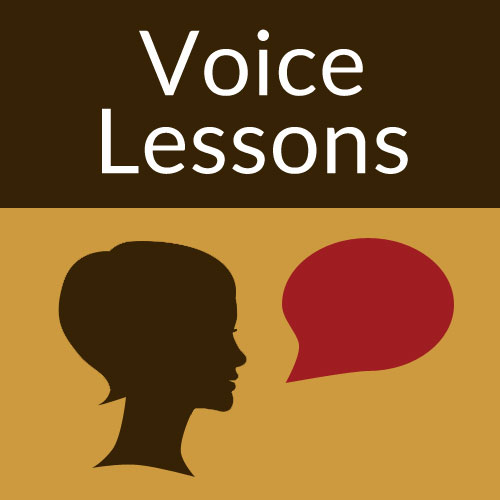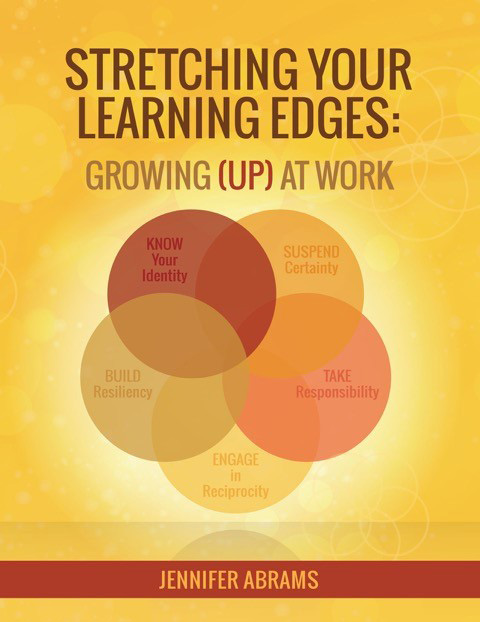I’m Not Going Anywhere
October 1, 2018

As a woman who works (with a capital “W”) in communication as my life’s work, I find myself this month at a loss. The act of speaking up and speaking out – whether it be against racism, sexual assault, or anything else, isn’t being valued by many in power. “Raging against the machine” might not be working. Or is it? We shall see… (Have you bought your Nikes yet?)
When I was in elementary school, or most likely since I came out of the womb, I have been known as ‘expressive.’ In my most expressive moments, my mother nicknamed me Sarah Bernhardt. I was dramatic, a hand whipped up onto my forehead. “Woe is me” was my childhood. Being raised in the Midwest, my show of emotion wasn’t always welcomed. I was taught to stifle myself. It didn’t stop me from having strong feelings though. Things that I felt and witnessed were actually worth having a feeling about.
I now get to speak in front of groups about things that matter to me. I found a space in which to share my thoughts. My work is to help others find their voice around what matters to them.
But what if others don’t want to hear what matters to you? What if you are not only sharing, but others are vehemently discounting what you have to say and making it wrong? They are denying your truth. ‘Ouch’ as a response doesn’t even begin to help. It hurts. Badly.
At this moment, I find myself in need of support as I work to help others continue to speak up. Margaret Wheatley is one of my mentors. Her work grounds me and helps me see what I can do, right now, to be of service. She speaks of the idea that we are in an age where “causes are deprived of resources, minimized in importance, or denied to be of any value.” And instead of being completely paralyzed by the loss of our voice (literally or metaphorically) we need to stay awake and not flee. Instead, she says, “We abide.”
We abide. We do so by “discipline, dedication, and connection to community.”
“We need leaders who recognize the harm being done to people and planet through the dominant practices that control, ignore, abuse, and oppress the human spirit. We need leaders who put service over self, stand steadfast in crises and failures, and who display unshakable faith that people can be generous, creative, and kind.” She has a training that speaks to building up the bandwidth to live within this moment and take the next right action and speak the next compassionate word.
Wheatley doesn’t discount the rage we feel. She asks us to build up a stamina to work with the anger in a more productive way. What could have happened had I not been called a drama queen in my youth but instead have been guided to use my passion and sense of injustice toward helpful ends?
Enough about the past. What about now? For some of us (but not enough of us), we are being listened to. Our voices matter. Our stories are of worth. We must build up our inner voices to honor ourselves and develop and strengthen our outer voices to be of service and support.
While in truth, I feel like I am going everywhere in the next 12 months, I am not going anywhere. I am abiding. Join me.
If you have any questions, comments or topic suggestions, please feel free to email me at Jennifer@jenniferabrams.com. I look forward to hearing from you!
Cool Resources
We Need to Talk: How to Have Conversations That Matter by Celeste Headlee. “[T]he only way forward, says Headlee, is to start talking to each other. In We Need to Talk, she outlines the strategies that have made her a better conversationalist—and offers simple tools that can improve anyone’s communication.”
“Multiplication Is for White People”: Raising Expectations for Other People’s Children by Lisa Delpit. “In chapters covering primary, middle, and high school, as well as college, Delpit concludes that it’s not that difficult to explain the persistence of the achievement gap. In her wonderful trademark style, punctuated with telling classroom anecdotes and informed by time spent at dozens of schools across the country, Delpit outlines an inspiring and uplifting blueprint for raising expectations for other people’s children, based on the simple premise that multiplication — and every aspect of advanced education — is for everyone.”
The Astonishing Power of Storytelling: Leading, Teaching, and Transforming in a New Way by Robert J. Garmston. “Everyone loves a good story. More than entertainment, stories told well captivate listeners and motivate action. This guidebook shows how to leverage the power of storytelling to engage and persuade any audience.”
Featuring current cognitive neuroscience research and updated references, the book includes:
- Detailed breakdowns of the essential elements all great stories share, and templates for creating yours
- Tips for supercharging your stories by drawing from personal experience as well as familiar movies, TV shows, and popular media.
- A guide to effective story delivery, including optimized vocal inflection and body language

